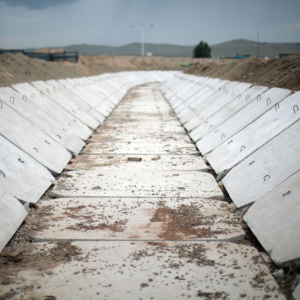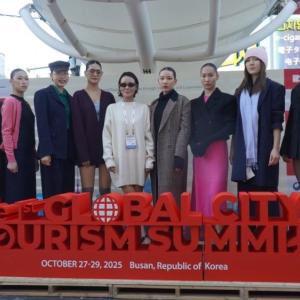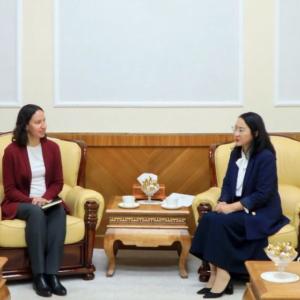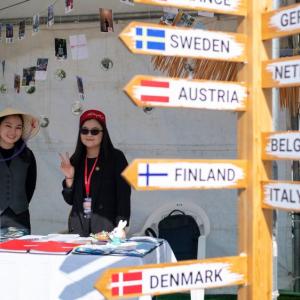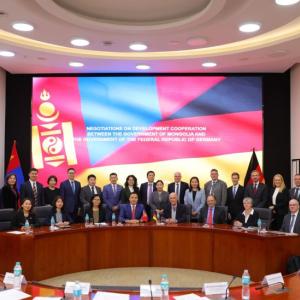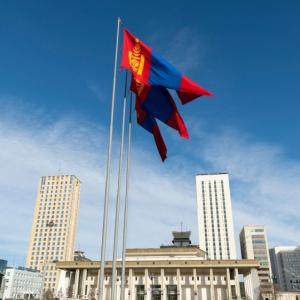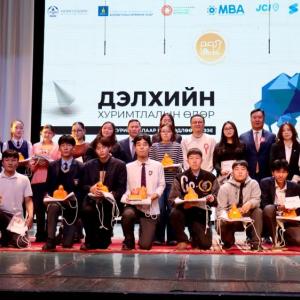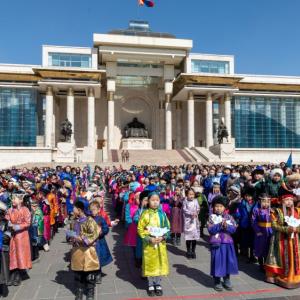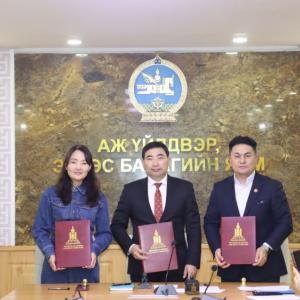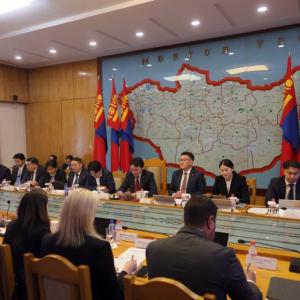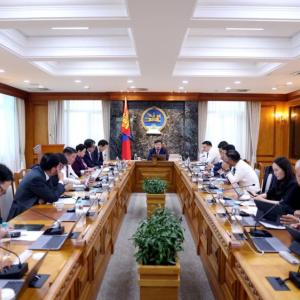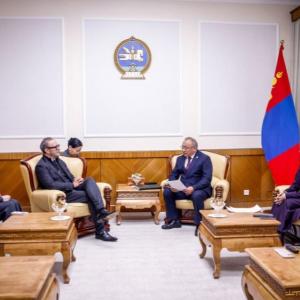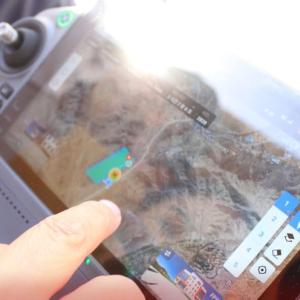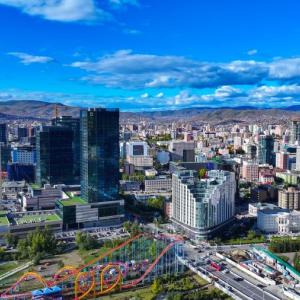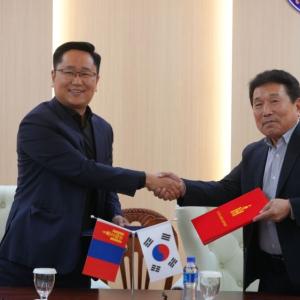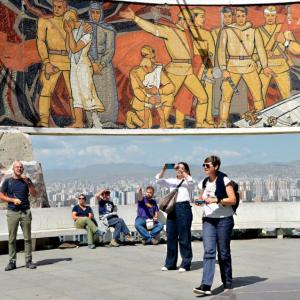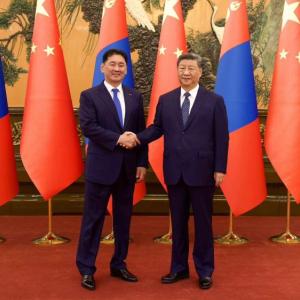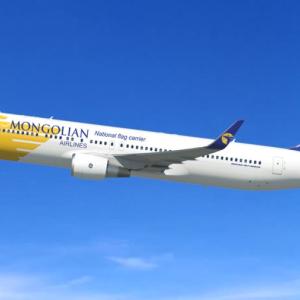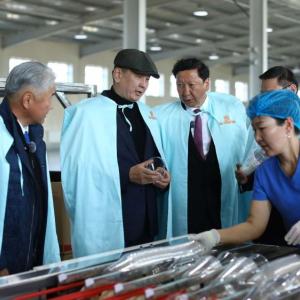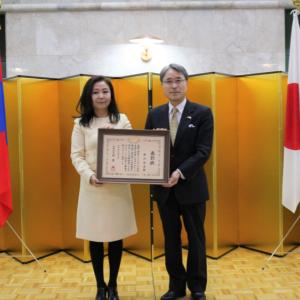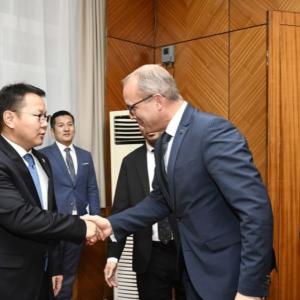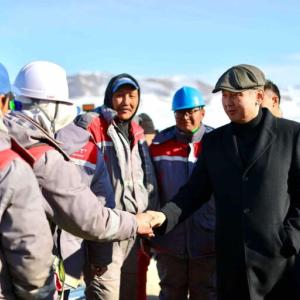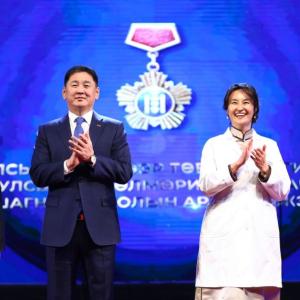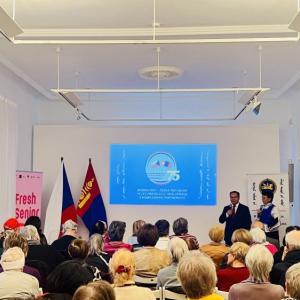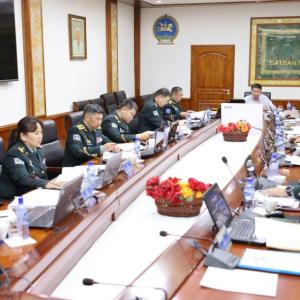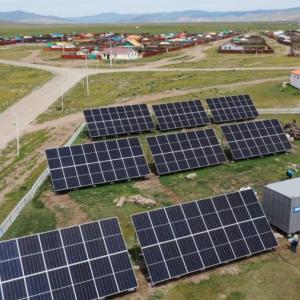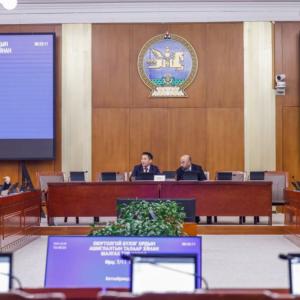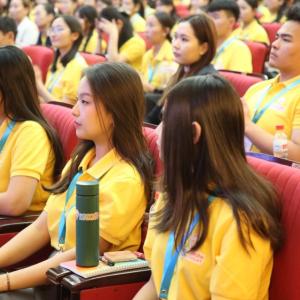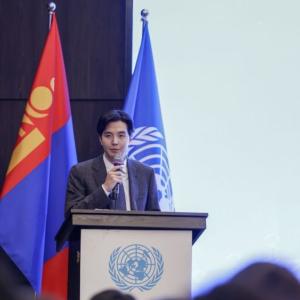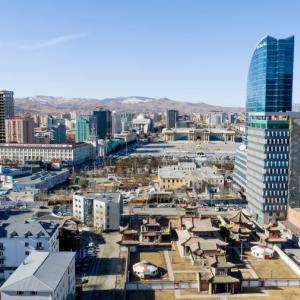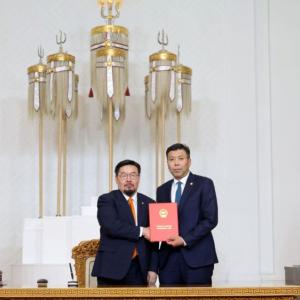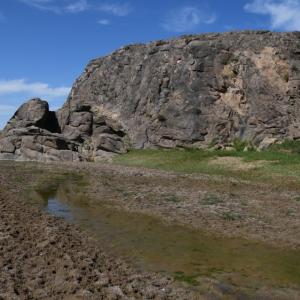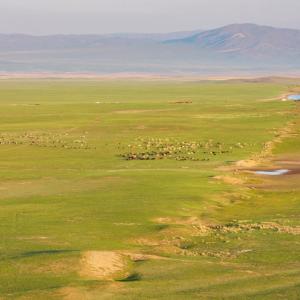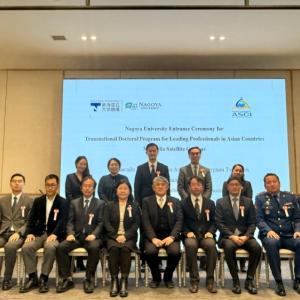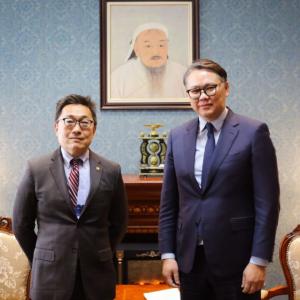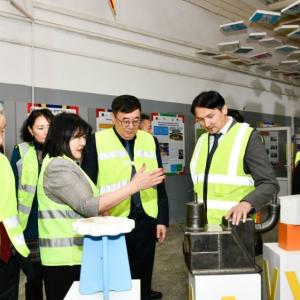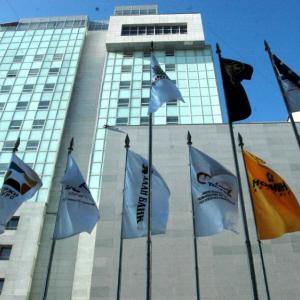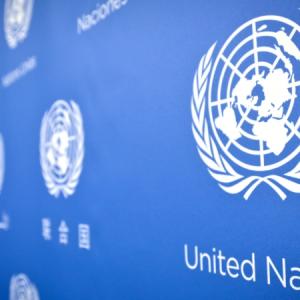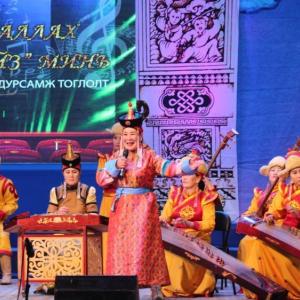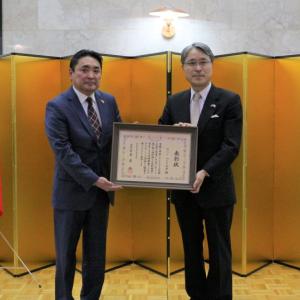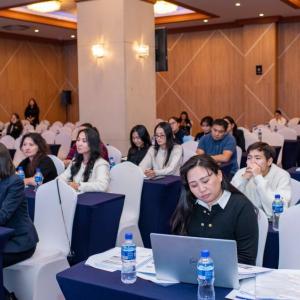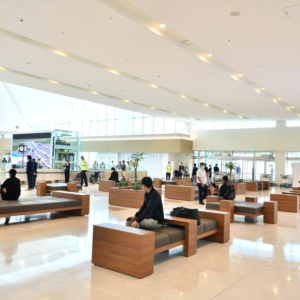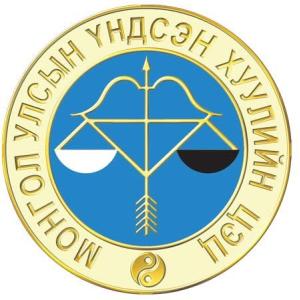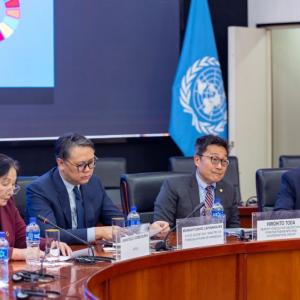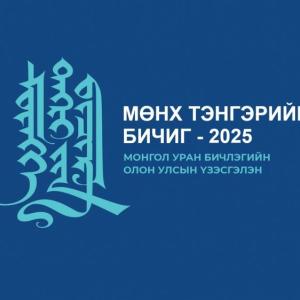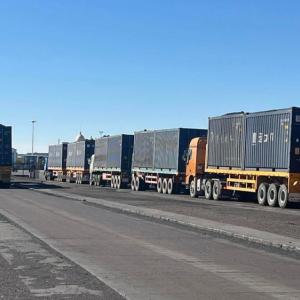Tapan Mishra: The workshop will provide valuable insights into different aspects of governance
Society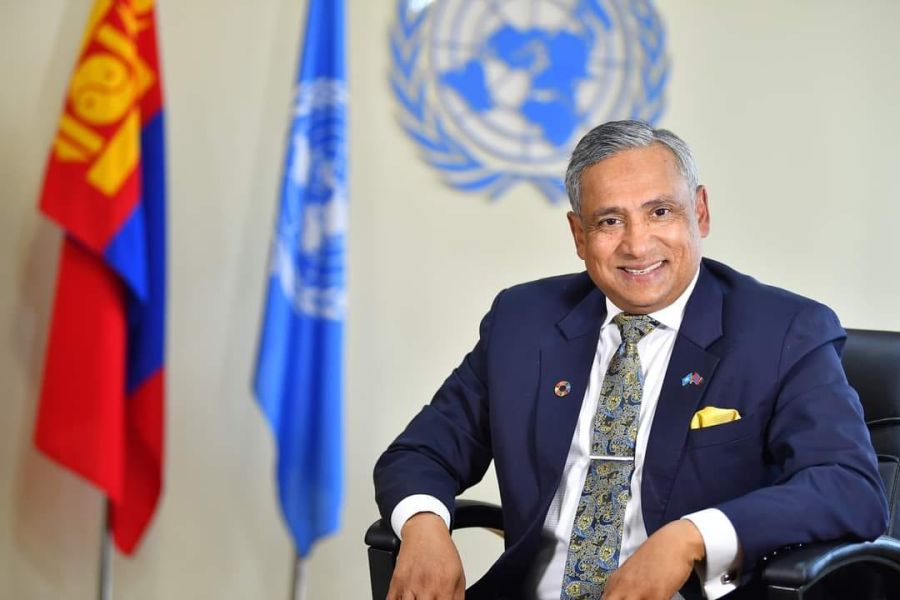
Ulaanbaatar, June 7, 2023 /MONTSAME/. The National Academy of Governance (NAOG) of the Government of Mongolia, and MONTSAME - Mongolian National News Agency in collaboration with the United Nations Department of Economic and Social Affairs (UN DESA), through its Project Office on Governance (UNPOG) of the Division for Public Institutions and Digital Government (DPIDG), and with the support of the UN Resident Coordinator Office in Mongolia and United Nations Development Programme (UNDP) in Mongolia, is organizing a five-days National Workshop on “Effective Governance for Sustainable Development in Mongolia”, which will be held from 07 to 13 June 2023 in the National Academy of Governance, Ulaanbaatar, Mongolia.
MONTSAME Agency clarified the workshop from Mr. Tapan Mishra, the UN Resident Coordinator in Mongolia.
1. We are going to have the first National Workshop on Effective Governance for Sustainable Development in Mongolia. So, what do you see the UN participation here? What outcomes are you expecting from this workshop?
This first National Workshop on Effective Governance for Sustainable Development in Mongolia is being designed with the National Academy of Governance and UN agencies led by UN DESA with strong engagement from the RC’s office from UNDP and other UN partners, including ESCAP. This workshop aims to bring out the best examples of governance of other countries to help our Mongolian colleagues in the National Academy of Governance to enhance their capacities.
This National Workshop is organized under the leadership of the United Nations Project Office on Governance (UNPOG), located in Incheon. It consists of three main parts. The first part focuses on training individuals who will serve as trainers at the National Academy of Governance. These trainers will play a crucial role in facilitating the subsequent core workshop on governance, which spans three days.
The participants will be members of technical working groups of ministries on governance and projects aimed at enhancing the governance of ministries and the Government.
The workshop will provide valuable insights into different aspects of governance, such as the implementation of Sustainable Goals (SG), data enhancement, and digitalization. It will encompass a comprehensive discussion on these topics, aiming to identify the key challenges and opportunities. Subsequently, the results of the workshop will be translated into an action plan, allowing the participants to reflect on what they learned and make it into an action plan. So, we can plan for results at the end of the workshop.
We want to also present these action plans to a High-Level Panel of the Government to have a common understanding and a sense of ownership and commitment, so these action plans can be well implemented.
On the final day of the workshop requested by MONTSAME Mongolian National News Agency, we will focus on enhancing the capacities of journalists in disaster risk communication. The objective is to enable journalists to effectively communicate timely aspects of disaster-related information amid the challenges and risks.
So, I am very excited that this national workshop on governance has concurred with this critical moment when we are implementing our next five years strategy of UN. Governance, the third priority of SDG, is a key aspect of the United Nations Sustainable Development Cooperation Framework (UNSDCF). We are delighted to be able to offer this workshop to the Government of Mongolia at such a timely moment.
2. Could you please provide some examples of countries that have successfully improved governance for sustainable development?
Certainly! During the workshop, we will mainly discuss the good practices of Asian countries, such as South Korea and the Philippines. These practices are more relevant to Mongolia, and we will examine them in detail. The aim is to learn from these examples and adapt them to the Mongolian context. With those practices, we can enhance governance efficiency in Mongolia.
3. In terms of governance, where is Mongolia now?
There are three things. Firstly, Mongolia has thrived as a democratic country since the 1990s, transitioning from a socialist to a democratic system. Mongolians adopted a new market mechanism - a free market economy. The country has three key institutions in terms of the Parliament, the legislation; the executive; and the judiciary. While governance is progressively becoming more transparent, a power imbalance persists among the legislature, judiciary, and executive.
I don't have an exact index to tell you where Mongolian governance stands among the 193 countries. However, it is worth noting that the Government of Mongolia has demonstrated a strong commitment to learning from other opportunities and improving its efficiency. The Prime Minister of Mongolia has been taking action to increase the transparency, efficiency, and effectiveness of the Government and reduce corruption.
I'm very pleased to see that our side is taking the first step to support the Government in this endeavor, and it's evident that the Government is genuinely enthusiastic and open to moving in this direction.
4. What are the challenges in implementing effective governance for sustainable development, given the significant disparities between rural and urban areas?
Thank you for asking the question about the importance of balanced development between urban and rural areas in Mongolia. It is indeed crucial to address the challenges faced by rural communities and create opportunities for them to improve their livelihoods.
One significant aspect of rural development is finding ways to enhance the economic conditions of herders and diversify their income sources beyond traditional productions based on meat, wool, and cashmere. This can be achieved by supporting and promoting the growth of small and medium enterprises, particularly in dairy processing. By creating an enabling environment for such enterprises, the Government can stimulate economic vibrancy in rural areas, encourage people to return to rural areas, and promote sustainable development.
It's encouraging to hear that the Mongolian Government is focusing on regional development and voluntary national reviews (VNRs). By continuing to push in the right direction, Mongolia can create more economically viable conditions in rural regions and provide incentives for people to move back, thereby fostering balanced development across the country.
Furthermore, more than 90 percent of educational institutions in Mongolia are located in Ulaanbaatar. Every year, over 90 percent of children migrate to Ulaanbaatar and settle there, leading to an increased population in the capital city. The majority of employment opportunities are concentrated in Ulaanbaatar as well. Therefore, it is crucial to establish educational institutions in aimags to distribute opportunities more evenly.
If we observe countries like the USA and India, we can see that top-tier educational institutions are spread across the country. By establishing educational institutions in rural areas, the overall economy can experience growth. The Government should explore various opportunities in education, employment, livelihood, and services throughout the country. This approach would not only make the lives of individuals in rural areas more prosperous but also make these regions more attractive for young people to return to, as they would perceive them as financially and economically rewarding.
5. What significance is the UN giving to the workshop to be jointly organized with MONTSAME Agency?
As I mentioned before, governance is one of the most important facets of transforming Government in terms of efficiency, effectiveness, and ensuring inclusive and sustainable development for all Mongolians, leaving no one behind.
So, We, the UN, are giving utmost importance to this workshop, which will be jointly organized with the Government, MONTSAME, and the National Academy of Governance.
Thank you!
 Ulaanbaatar
Ulaanbaatar










